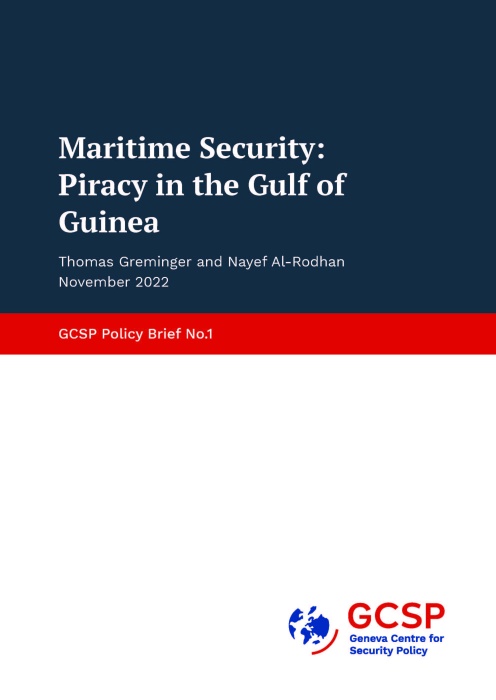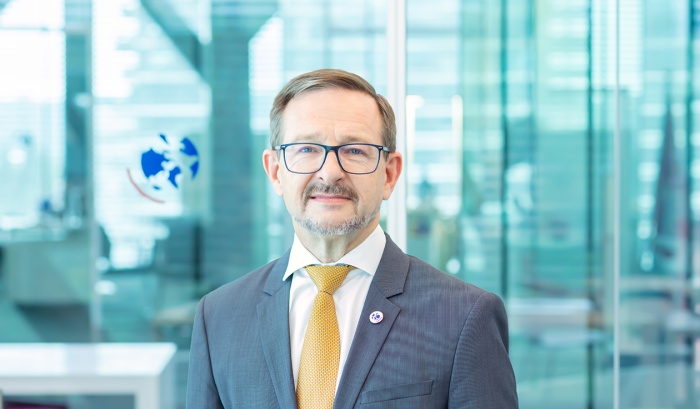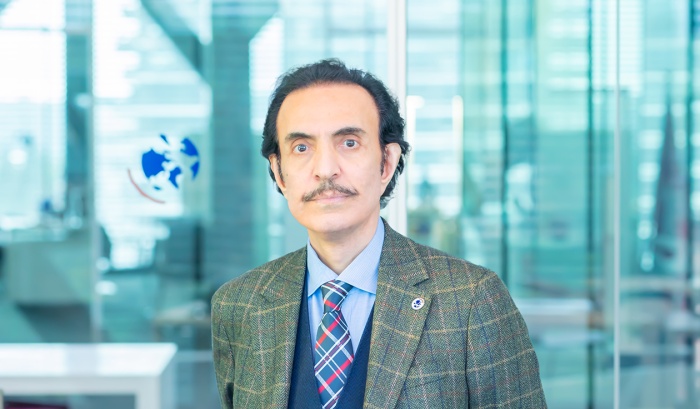Maritime Security: Piracy in the Gulf of Guinea
Pirates have existed in different guises since ancient times, from Cilician pirates seizing olive oil cargoes from Roman ships to corsairs seeking spoils along North Africa’s Barbary Coast and buccaneers attacking Spanish treasure ships in the Caribbean. Currently the Gulf of Guinea is the world’s hotspot for maritime piracy. Over the last 15 years container ships, fishing vessels, and oil tankers in the region have been the targets of numerous armed attacks and kidnappings.
The past year has seen some positive developments regarding global maritime security. According to the International Chamber of Commerce (ICC) International Maritime Bureau (IMB), global piracy and armed robbery incidents are at their lowest recorded figure in three decades. The IMB’s last annual report showed a 32% drop in overall attacks in 2021 compared to 2020. These promising trends are also evident in the Gulf of Guinea. Of the 90 global piracy and armed robbery incidents reported between January and September 2022, 13 have been reported in the Gulf of Guinea region, compared to 27 over the same period in 2021. The decline in the number of reported incidents in West African waters should be welcomed, but this progress is likely to be short-lived unless the international community increases its focus on the region.
The threat level in the Gulf of Guinea region remains high, as highlighted by United Nations Security Council (UNSC) Resolution 2634 on Piracy and Armed Robbery in the Gulf of Guinea, which was unanimously adopted in May 2022. Spearheaded by Ghana and Norway, the resolution expressed the UNSC’s deep concern about the “grave and persistent threat” posed by piracy and transnational organised crime in the Gulf of Guinea. The resolution correctly stressed that unless tackled head-on, piracy will continue to impede international security and navigation, and the sustainable development of states in the region. These challenges are particularly important given the Gulf of Guinea’s geopolitical significance.
Bordering 20 countries and with 6,000 kilometres of coastline, the Gulf of Guinea is a key shipping route for a region that relies heavily on imports. This is why the costs of piracy weigh so heavily on the region’s economic and trade potential, with direct and indirect costs estimated at US$1.925 billion annually for 12 Gulf of Guinea countries. Tackling piracy in the Gulf of Guinea will require both sustained political will at the national and regional levels and deeper and more effective cooperation among members of the international community. All sea-faring nations have a stake in improving the security of the region – including Switzerland, which assumes its seat on the UNSC at the start of 2023, with the aim of promoting global peace and security
Disclaimer: The views, information and opinions expressed in this publication are the author’s/authors’ own and do not necessarily reflect those of the GCSP or the members of its Foundation Council. The GCSP is not responsible for the accuracy of the information.



